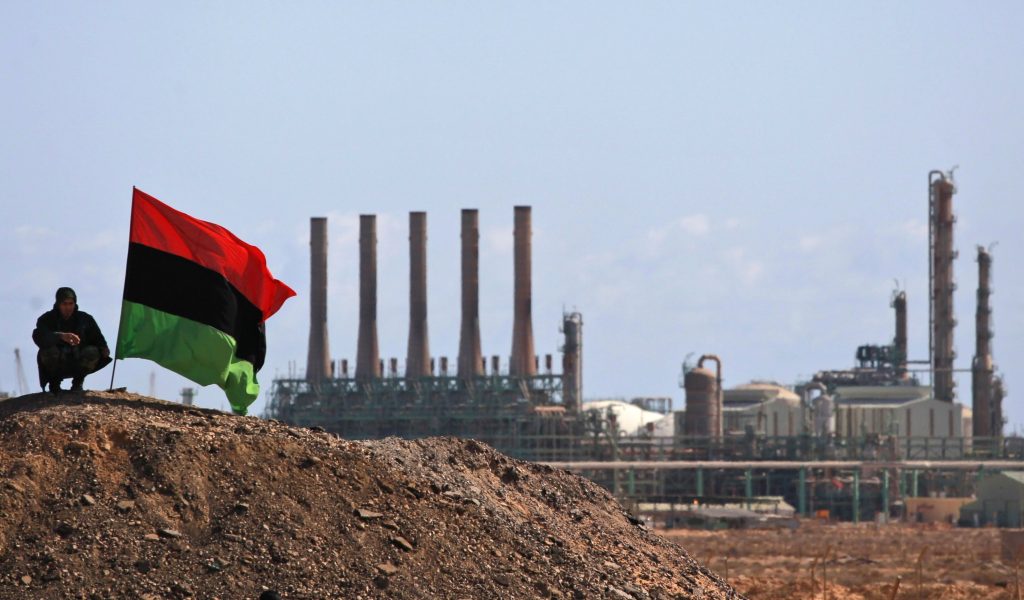Libya’s eastern administration announced on Thursday the end of a month-long blockade on oil production and exports, following the appointment of new leadership at the country’s central bank under a United Nations-backed deal.
In a statement posted on Facebook, the Benghazi-based administration, which controls most of Libya’s oilfields, said it was lifting the force majeure on all oil fields and resuming production and exports. The National Oil Corporation confirmed the end of the blockade, which had slashed crude production by nearly half, reducing output to around 600,000 barrels per day.
Libya, still recovering from years of civil conflict following the 2011 NATO-backed uprising that toppled longtime ruler Muammar Gaddafi, remains politically divided. The country is split between the UN-recognised government of Prime Minister Abdulhamid Dbeibah in the west and a rival authority in the east backed by military leader Khalifa Haftar.
In August, the eastern administration imposed a “force majeure,” halting all oil production and exports. This disruption followed a siege on the central bank building in Tripoli by armed men demanding the removal of the then-governor, Seddik al-Kabir, who later fled the country. The central bank also suspended operations following the abduction of its IT chief, who was eventually released.
Kabir, who had served as governor since 2012, faced criticism over the management of oil resources and the state budget. However, after UN-mediated talks, rival administrations agreed to appoint new leadership for the central bank. On Monday, Naji Issa was named as the new governor, with Miree al-Barasee appointed as vice-governor.
Libya’s oil production had recently recovered to 1.2 million barrels per day, still below the 1.5 to 1.6 million bpd produced under Gaddafi’s regime. The majority of the country’s revenues come from oil, with production concentrated in the east and south, while the central bank manages oil revenues and the state budget.

